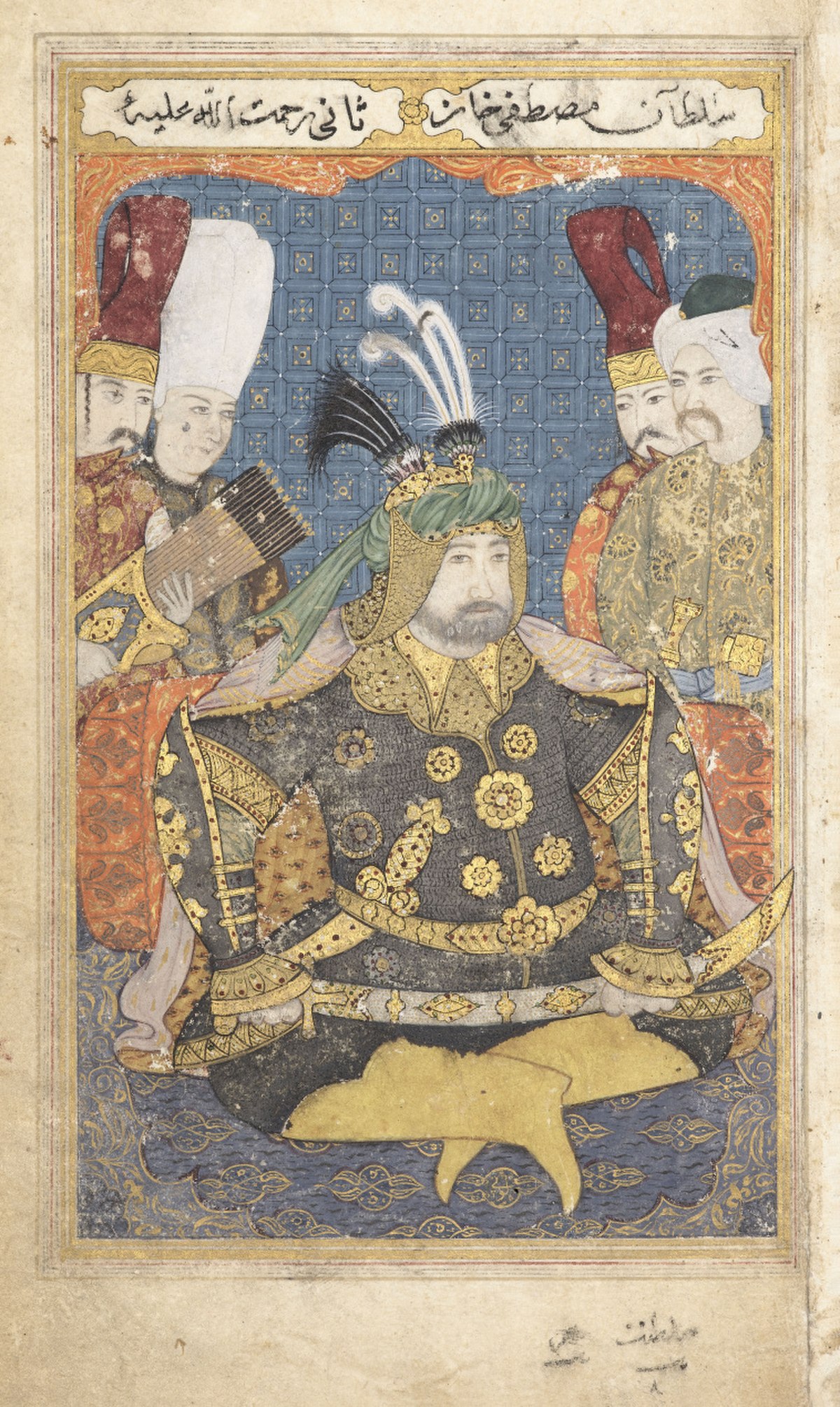
Decline of Ottoman control of Central Europe
Zenta, SerbiaOn 18 April 1697, Mustafa embarked upon his third expedition, planning a massive invasion of Hungary. He left Edirne with a force of 100,000 men. The Sultan took personal command, reaching Belgrade late in the Summer, on 11 August. Mustafa gathered a war council the next day. On 18 August the Ottomans left Belgrade heading north towards Szeged. In a surprise attack, Habsburg Imperial forces commanded by Prince Eugene of Savoy engaged the Turkish army while it was halfway through crossing the Tisza river at Zenta, 80 miles northwest of Belgrade. The Habsburg forces inflicted thousands of casualties, including the Grand Vizier, dispersed the remainder, captured the Ottoman treasury, and came away with such emblems of high Ottoman authority as the Seal of the Empire which had never been captured before. The European coalition's losses, on the other hand, were exceptionally light.
After fourteen years of war, the battle at Zenta proved to be the catalyst for peace; within months mediators of both sides started peace negotiations in Sremski Karlovci under the supervision of English ambassador to Constantinople, William Paget. By the terms of the Treaty of Karlowitz, signed near Belgrade on 26 January 1699, Austria gained control of Hungary (except for the Banat of Temesvár and a small area of Eastern Slavonia), Transylvania, Croatia and Slavonia. A portion of the returned territories were reintegrated into the Kingdom of Hungary; the rest were organised as separate entities within the Habsburg monarchy, such as the Principality of Transylvania and the Military Frontier. The Turks kept Belgrade and Serbia, the Sava became the northernmost limit of the Ottoman Empire and Bosnia a border province. The victory ultimately formalized the complete withdrawal of the Turks from Hungary and signalled the end of Ottoman dominance in Europe.
